6. Falling Down
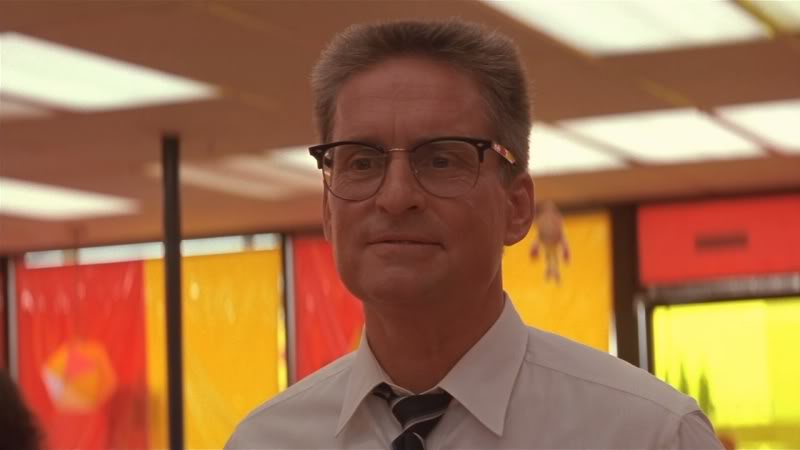
The youngest feature on the list is directed by Joel Schumacher, written by Ebbe Roe Smith, and starring Michael Douglas as William ‘D-Fens’ Foster, an ex-defense engineer.
It looks like a film about a simple man whose sole desire is to see his daughter on her birthday, to celebrate together on the other side of the city. Regarding his looks, he could be the employee of any office in Los Angeles, but inside he is filled with an unusual amount of seething anger. When he leaves his car in the middle of a traffic jam, he has no idea that it is the first step of his day-long odyssey.
During his journey, he faces the unavoidable side effects of globalization such as poverty, street gangs, and cultural and racial frictions. He finds a conflict in every corner, but his dedication to surprise his little girl makes him sort of invulnerable. He’s a lone warrior marching through a city surrounded by filth and dirt; a man who finally stands his ground, though only his own mind. The Police officer Prendergast (Robert Duvall) and the people of the city most certainly have a different point of view.
An interesting fact is the fact that the filming process was disturbed multiple times by the events of the 1992 Los Angeles riots.
This is the drama of a man who was pressed by the system until he snapped, and while he tries to fight back, his ways are not quite righteous but rather questionable.
7. Z.P.G.
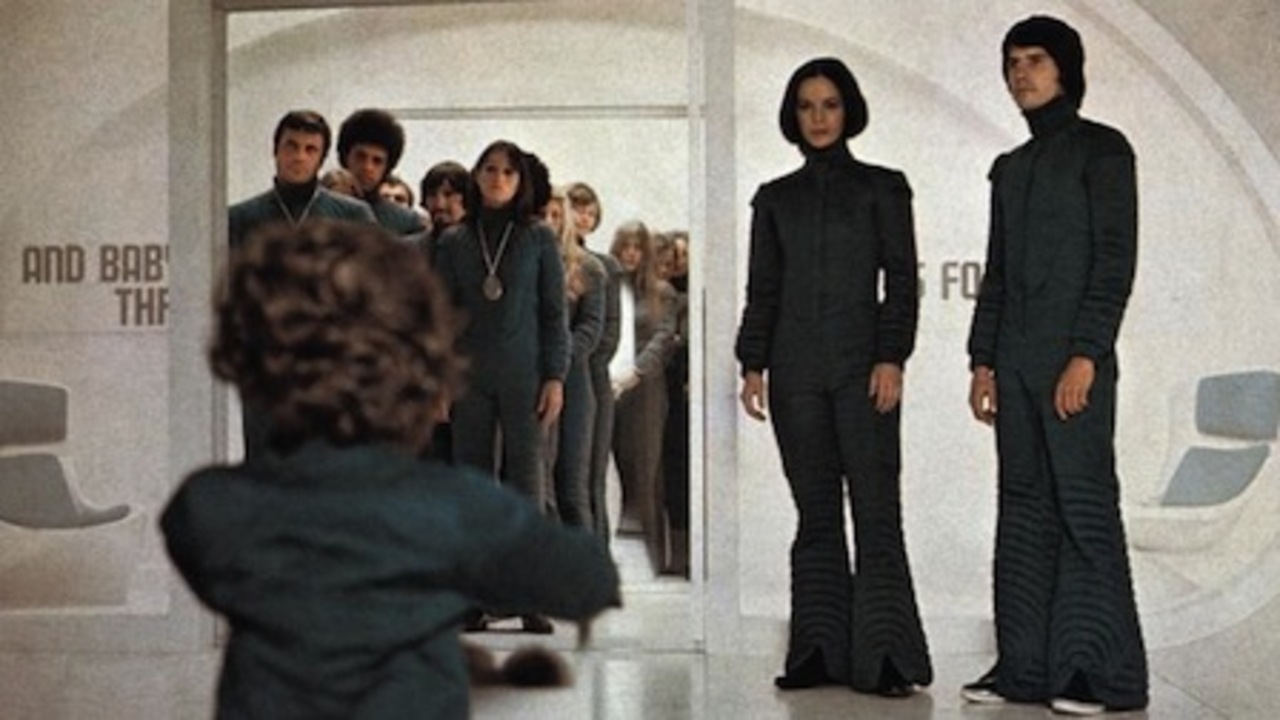
The Zero Population Growth (Z.P.G.) was released in 1972, and since then, the population of the Earth has been doubled. The population grows unstoppably, and according to researchers in the future, there will be around 10 billion humans living on this planet by 2050.
In this fictional world, people live under an everlasting smog blanket and forced to wear masks in order to be able to breathe. All the animals are extinct; the last miserable pieces of flora are only can be found in museums (which you have to wait years to visit). Due to the overpopulation, the world government bans the right to have children for 30 years, and makes it the most heinous crime against society, punishable by death without a trial.
The story follows a couple (Oliver Reed and Geraldine Chaplin) whose human instincts are stronger than their dedication to the system, and they decide to keep their baby despite the horrendous consequences. Their nosy and jealous neighbors don’t make it any easier for them.
This American-Danish co-production is Michael Campus’ first feature length movie as a director and it was shot in Denmark.
Fortunately, this negative utopia hasn’t come true yet, but how much time do we have until things move in this direction?
8. Reds
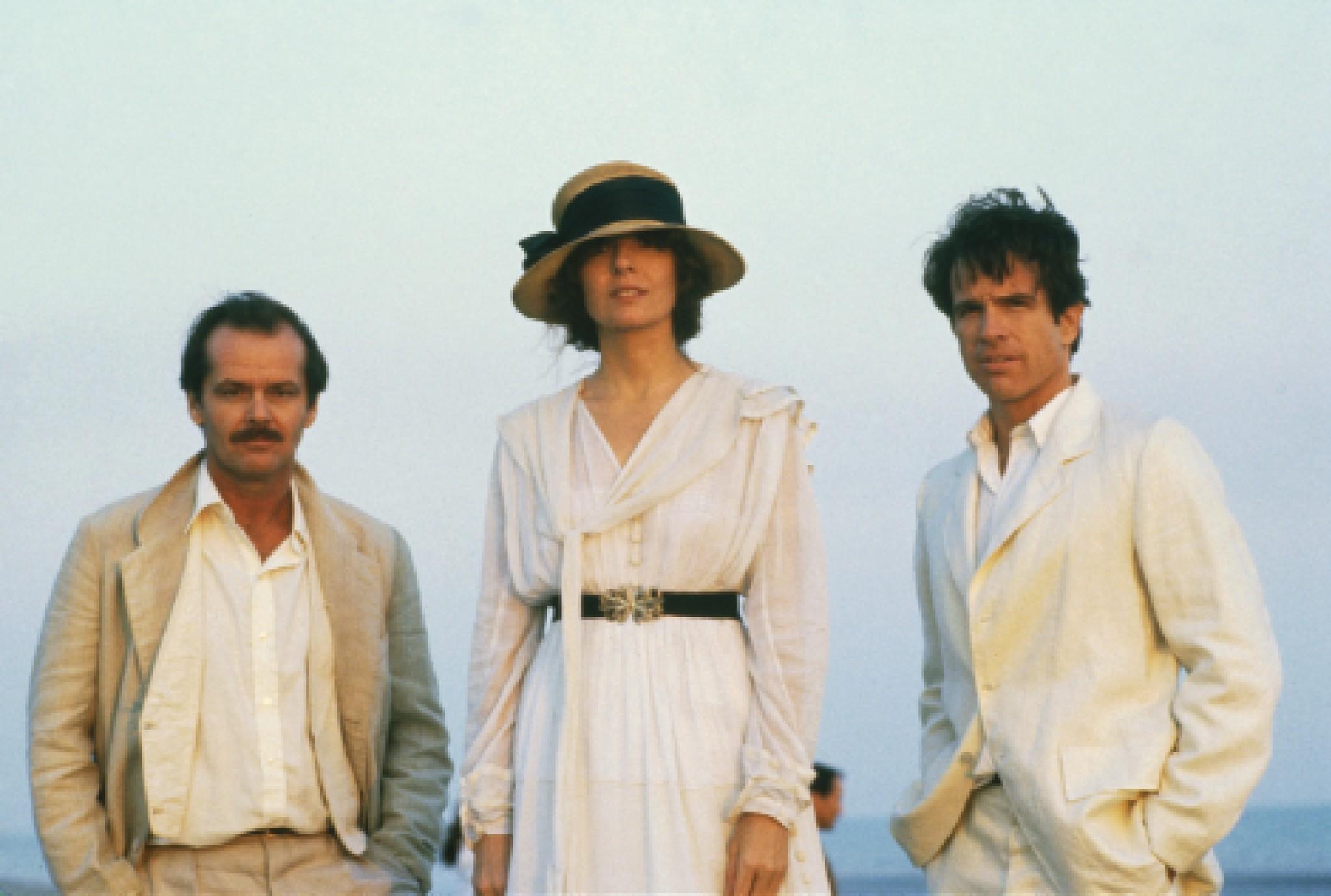
The production for this film lasted nearly 10 years until its 1981 release, resulting one of the finest epic dramas of the 20th century.
The story starts at the time when the world is at the threshold of World War I, where people are affected all over the world and are forced to take sides. John Reed, a writer / journalist, is originally only a reporter of the many social changes, but soon finds himself among the leaders of the American socialist movement.
He is trying to balance his life between his dedication to the revolution and his personal feelings, but is not always successful. He feels responsible for the members and followers of the party, and his wife, Louise Bryant (played by Diane Keaton), constantly feels neglected in their marriage, despite the fact that she ideologically agrees with him.
When he is unable to return from Russia after the meeting of the Comintern, after a point he has no choice; he has to dedicate his efforts exclusively to the case, which he believes holds the only possibility to end the war. This ideologically-packed romantic drama is spiced up with the interviews of witnesses (including Henry Miller) of the era and the career of John Reed.
“You know, things go and come back again.” – one of the “Witnesses”
9. Metropolis
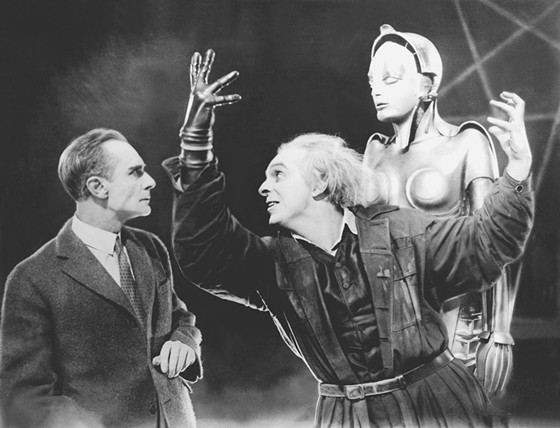
“Metropolis” is a silent film, directed by Austrian-born German director Fritz Lang and based on a novel of same title written by his wife Thea von Harbou.
Possibly the earliest and one of the best dystopian science fiction movies ever made is a story that takes place in 2026. Its running time is originally 153 minutes, but some scenes had been cut after the German premiere and became lost forever. There were multiple attempts to restore the lost pieces, and several alternative soundtracks were later created for this unique masterpiece, which was way ahead of its time and still very relevant.
In “Metropolis”, the “rich are up, the poor are down.” The creators, inventors, and thinkers of the city live a luxurious life on the top levels and have no connection with the members of the working class, who strive underground. One day, Maria, a young girl from the lower levels, wanders into the eyesight of Freder, the son of Joh Fredersen, the head of the city.
Following the girl, he faces the inhumane living circumstances of the workers and immediately urges his dad for a solution, whose reaction is cold and disappointing. Freder returns to the lower levels and swaps places with one of the workers, going against his dad.
Maria, in the meantime, tries to ease the raging passion of the laborers who are preparing for a revolt. She talks about a mediator who would take the role of the heart between the head (the upper class) and the hands (the workers), finally bringing balance and peace.
10. Network
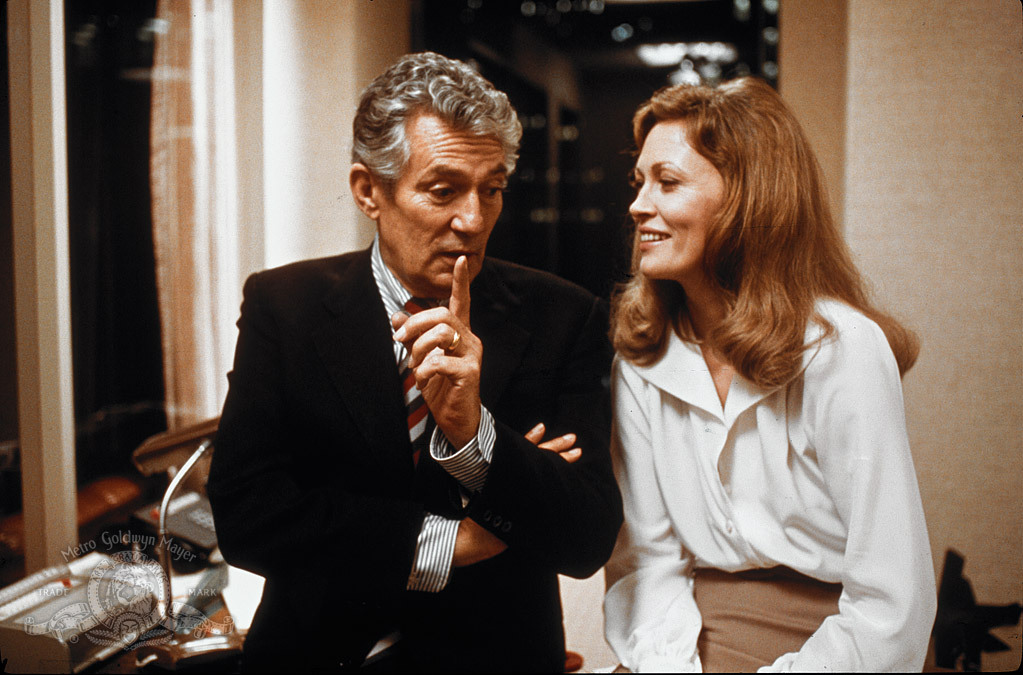
“Network” unveils the shameless tactics of TV channels to raise their ratings and profits. Howard Beale, the widowed veteran anchor, is fired from his news channel and sees no way out; during a live broadcast, he announces his own suicide. His channel decides to let him on screen one more time to apologize for the scandal, but instead, his unusual honesty creates a high demand for him among viewers, and the ratings are higher than ever.
He gets his own show where he becomes a kind of new age prophet who singles out the problems with society. They handle him like a madman, but his only deficiency is that he is tired of faking and playing a role, and his brutal honesty starts frightening the people.
This movie not only shows the dark side of the media but also brings to light the true face of corporate America, which hasn’t become any more pleasant since the 70s.
The film was directed by the legendary Sidney Lumet and written by Paddy Chayefsky, who used his own life experiences he had on TV to create the Oscar-winning script. Three actors were also awarded with Oscars; Best Actor (Peter Finch, posthumous), Best Actress (Faye Dunaway), and Best Supporting Actress (Beatrice Straight).
Author Bio: David Miklos a.k.a. Wally is a 27 years old sound technician, amateur comic book artist, musician and film enthusiast. He’s usually talking too much so his friends advised he should rather write down his thoughts. His publications such as this list are the results of this deal.